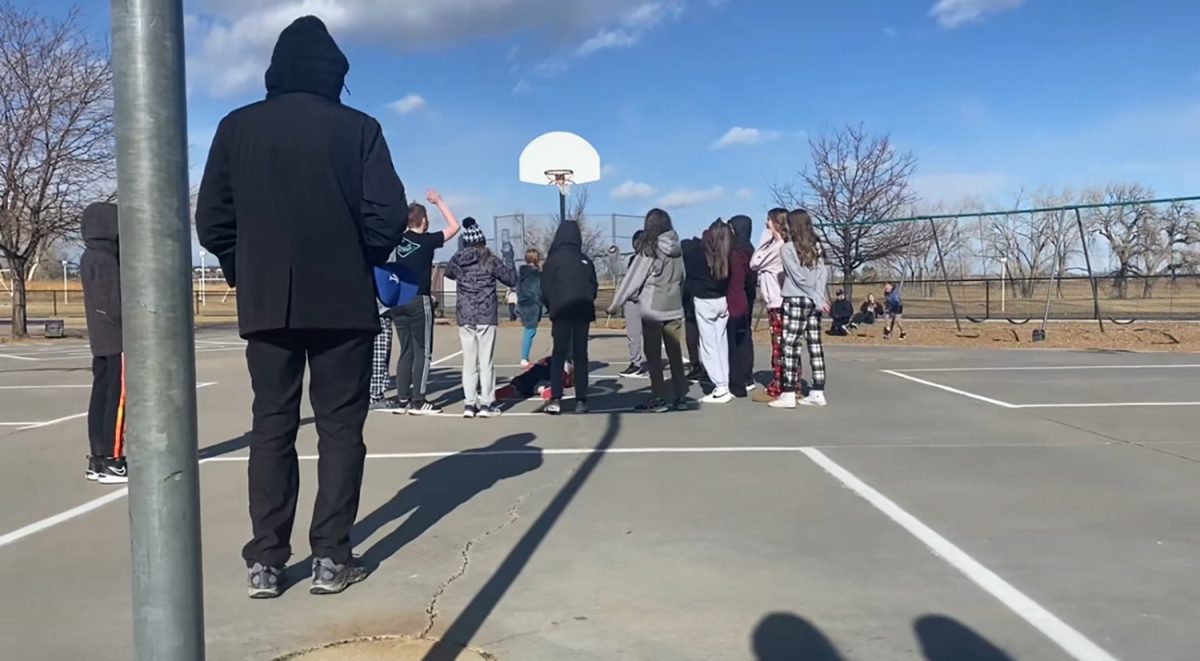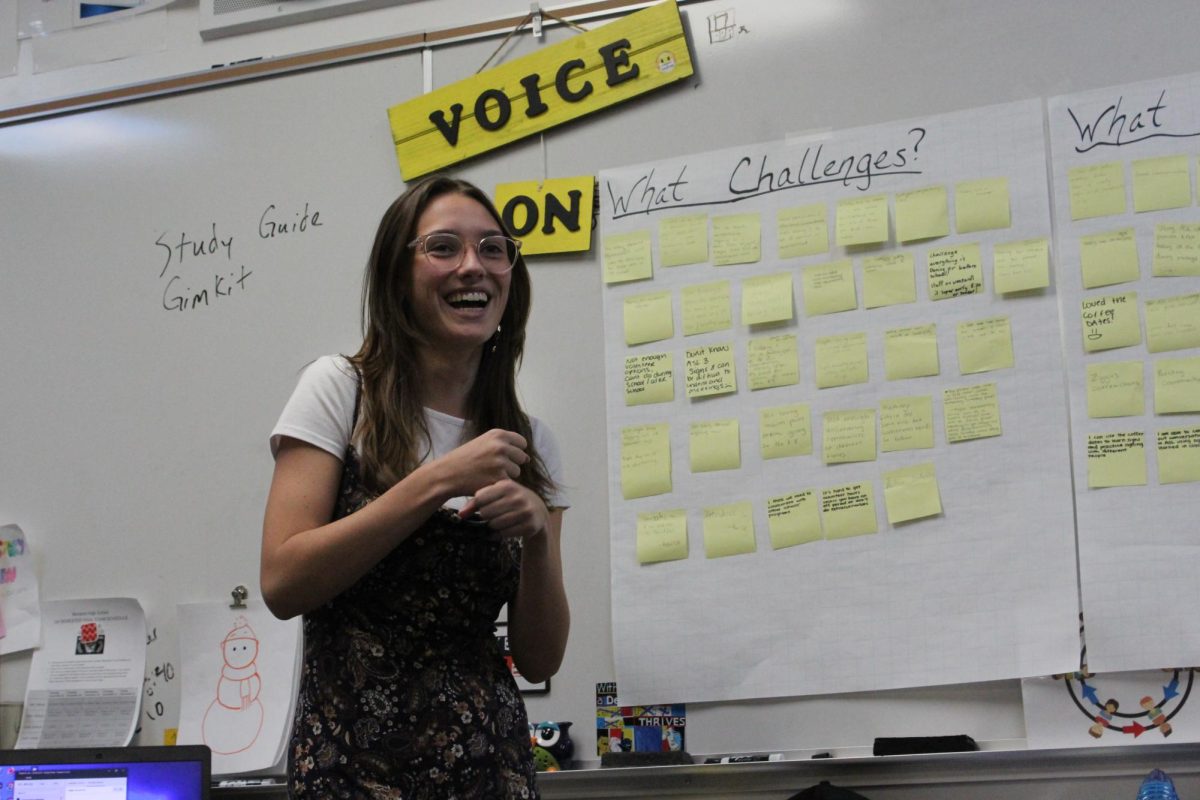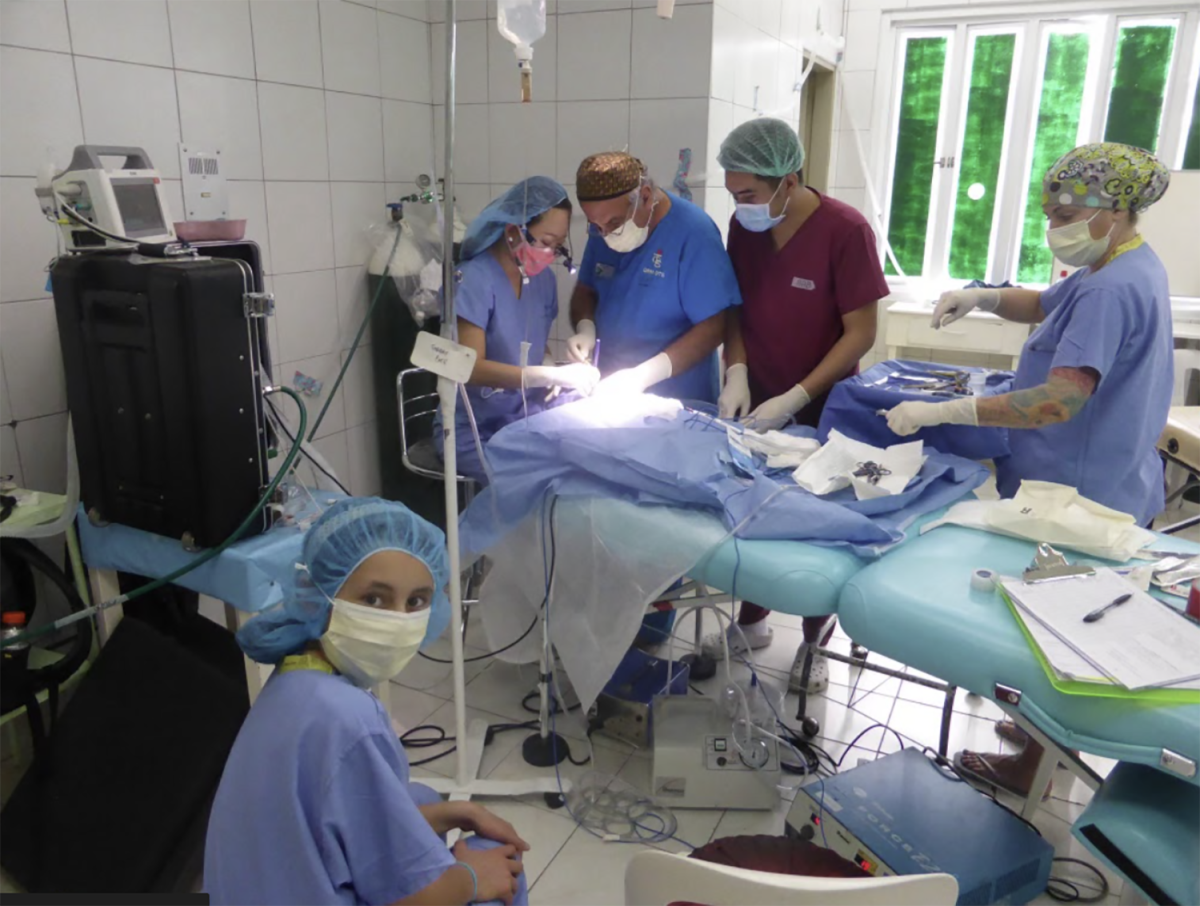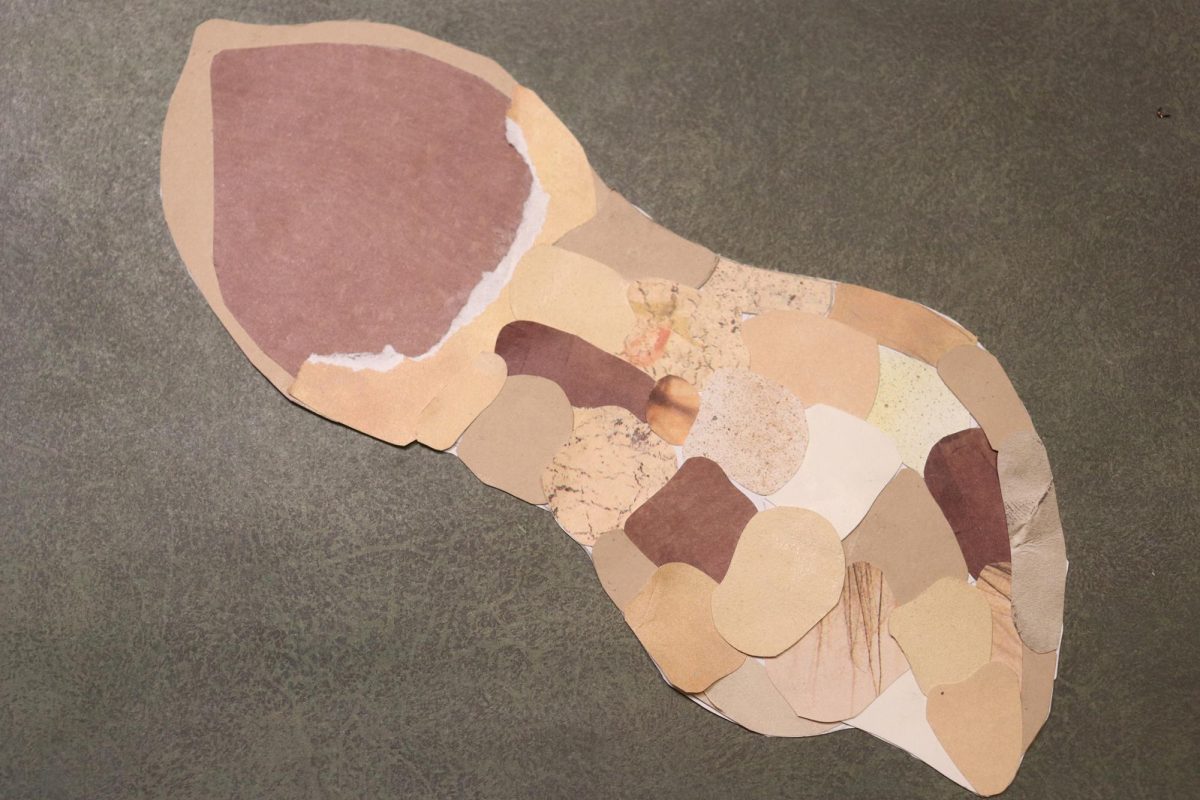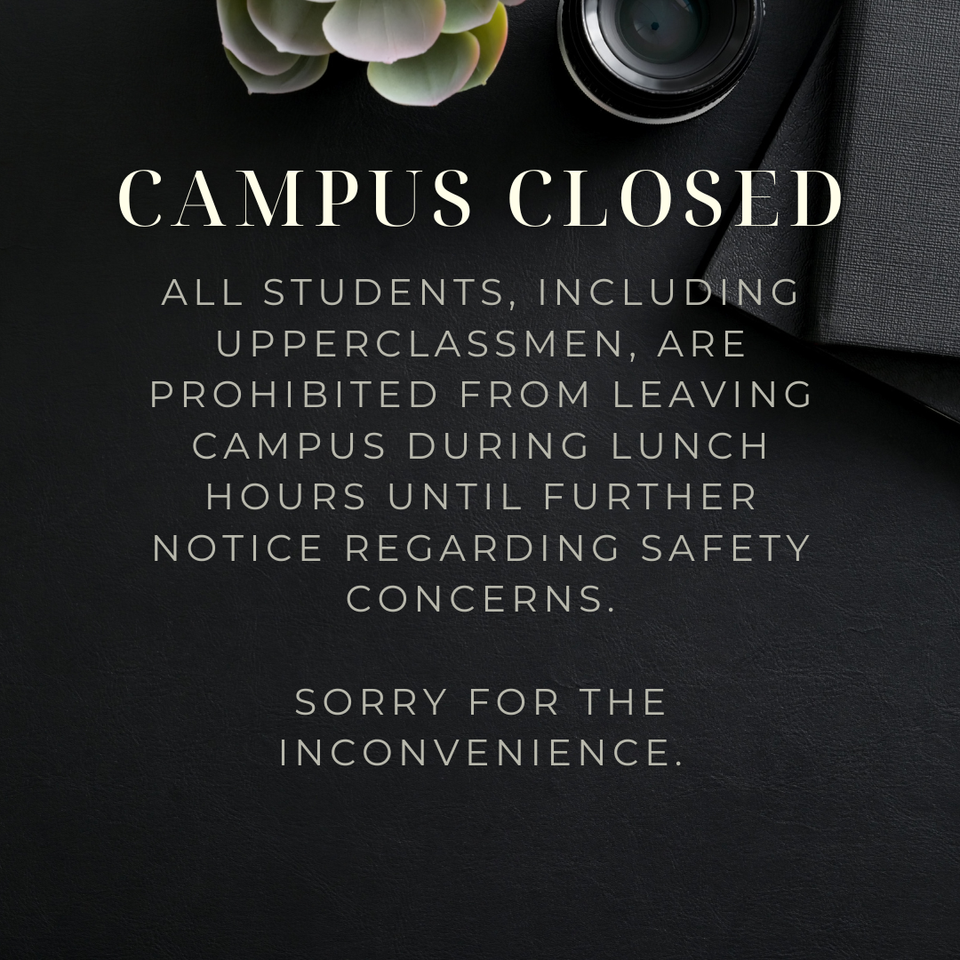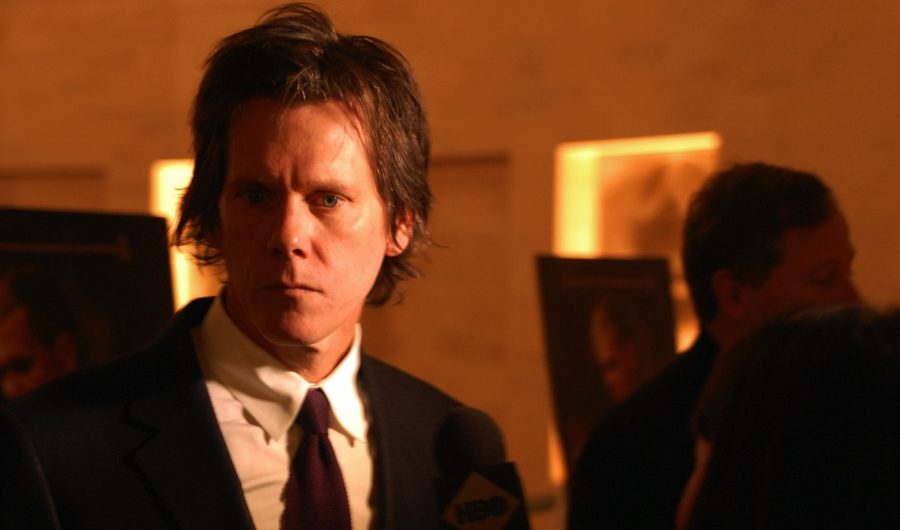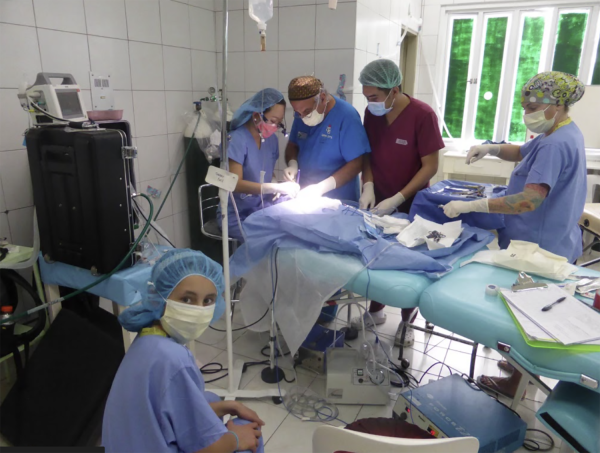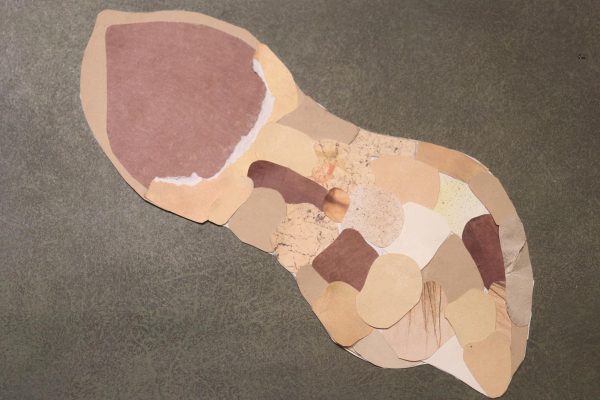The Need for Change
![By Rafaelgr (Own work) [Public domain], via Wikimedia Commons](https://mohimix.com/wp-content/uploads/2015/04/463px-Red_stylized_fist.svg_.png)
By Rafaelgr (Own work) [Public domain], via Wikimedia Commons
A lot of us realize that our society isn’t perfect, but most of us don’t realize the cause. We are taught as we grow up that the problems of society are because of terrorists, or criminals, or psychopaths, or thieves. But the truth is far from that. Sure, those things do exist, and they’re certainly bad for society, but they’re not really the underlying cause of society’s ills, the problems of society lie not in deviant individuals, but in how society itself functions. How our country, and our world, works, is innately flawed and corrupt, run not by ingenuity or work ethic, but by money and greed. Our world has been shaped to elevate a privileged few and keep the rest wealthless and powerless.
The country is run by money. Over half of Congress has a net worth of a million dollars or more [1]. In the 2014 midterms, of candidates that spent more on their campaigns than their opponents, 94.2% won in the House and 81.8% won in the Senate [2]. Those with more money are able to reach more people and so richer people are the ones who go into office. The rulers of the country are decided by their wealth. This is not a government of the people, by the people, for the people, it is a government made up of an elite ruling class, decided by the money available to them, and it caters to the wealthy – and the wealthy alone.
This societal bias towards the wealthy creates massive wealth inequality. In the US, and across the globe, wealth is distributed completely unequally to the people. The bottom fifth of the US population (annual income below $20,900) controls 3.2% of the wealth, while the top fifth (annual income $105,911 or more) controls 51%[3]. The 80 richest people on the planet control more wealth than the bottom 50% of the Earth’s population combined [3][7]. The poor have almost nothing, while an incredibly small amount of people have a ridiculously large amount. Society has been designed so that very few gain massive amounts of wealth while the rest are left behind. And that is allowed to keep happening because the only people that could possibly make change, the government, are the very people that are benefitting unjustly from the corrupt system.
And the possibility of any outside person becoming one of those privileged elite is basically nonexistent, as the once coveted ideal of class mobility in the US has all but disappeared. Of people born into families in the bottom fifth of the population, 42% remain in the bottom fifth, and 39% of the top fifth remain in the top fifth. Only 6% of people are actually able to move from the lowest fifth of the population to the highest [6], and that’s moving to the top fifth of the population, not even talking about people moving into the top 1% of the population (annual income above $400K), or even the top 0.01% ($2.5M). The economic success of an individual relies heavily on their family’s economic background, and moving up the economic ranks of society is unattainable.
As for the belief that the poor need only get an education to move up the economic ladder, the reality is that education is also dependent on money. Individuals coming from a family in the top quartile of the population have a 97% likelihood of receiving a high school degree and a 68% likelihood of receiving a four-year college degree, while those coming from a family in the lowest quartile have only a 74% chance of getting a high school diploma and a 21% chance of getting a four-year college degree [5]. There is a stark relationship between economic status and ability to receive education. The poor are not as able to receive education because they do not have as much opportunity to do so. The education system in this country is biased towards those with more money. It is class that determines the future of individuals, not ingenuity or willingness to work hard.
It has become painfully obvious that change will not come by the hands of the government- the very people that benefit in the face of inequality and corruption. The government is a part of the oppressive wealthy class, and they will do everything they can to stop change. We, the masses, must realize that change will not be given to us by the government. Not in this society.
It is clear that we must create a new society, one where an elite class is not allowed to form, and money is not allowed to rule. We must form a society where people are treated fairly, and rewards are given out because of hard work, and where neighbors can work together as brothers and sisters. We must stop listening to the people that are oppressing us, and realize that an alternative must come, and we the people must bring it. We must stand together and create a better world, for all of us. And we must do so now.
Citations:
- Choma, Russ. “Millionaire’s Club: For the First Time, Most Lawmakers Are Worth $1 Million-Plus.” Opensecrets.org. Jan. 2014. The Center for Responsive Politics. 14 Feb. 2015. http://www.opensecrets.org/news/2014/01/millionaires-club-for-first-time-most-lawmakers-are-worth-1-million-plus/
- Choma, Russ. “Money Won on Tuesday, But Rules of the Game Have Changed.” Opensecrets.org. 5 Nov. 2014. The Center for Responsive Politics. 14 Feb. 2015. http://www.opensecrets.org/news/2014/11/money-won-on-tuesday-but-rules-of-the-game-changed/
- DeNavas-Walt, Carmen, and Bernadette D. Proctor. “Income and Poverty in the United States: 2013; Current Population Reports.” US Census Bureau. Sep. 2014. US Department of Commerce. 27 Feb. 2015. 6 http://www.census.gov/content/dam/Census/library/publications/2014/demo/p60-249.pdf
- Domhoff, William G., Ed. “An Investment Manager’s 2014 Update on the Top 1%.” Who Rules America. Jan. 2014. University of California Santa Cruz. 11 Feb. 2015 http://whorulesamerica.net/power/investment_manager_2014.html
- Eng, Jonathan. The Relationship Between Childhood Family Income, Educational Attainment, and Adult Outcomes. MMSS Thesis. Northwestern University. Illinois. 2012. Web. 24 Feb. 2015.
- Isaacs, Julia B. “Economic Mobility of Families Across Generations.” Brookings.edu. Nov. 2007. The Economic Mobility Project. 23 Feb. 2015. http://www.brookings.edu/research/papers/2007/11/generations-isaacs
7. “Wealth: Having it All and Wanting More.” Oxfam Issue Briefing. Jan. 2015. Oxfam International. 11 Feb. 2015. http://www.oxfam.org/sites/www.oxfam.org/files/file_attachments/ib-wealth-having-all-wanting-more-190115-en.pdf




